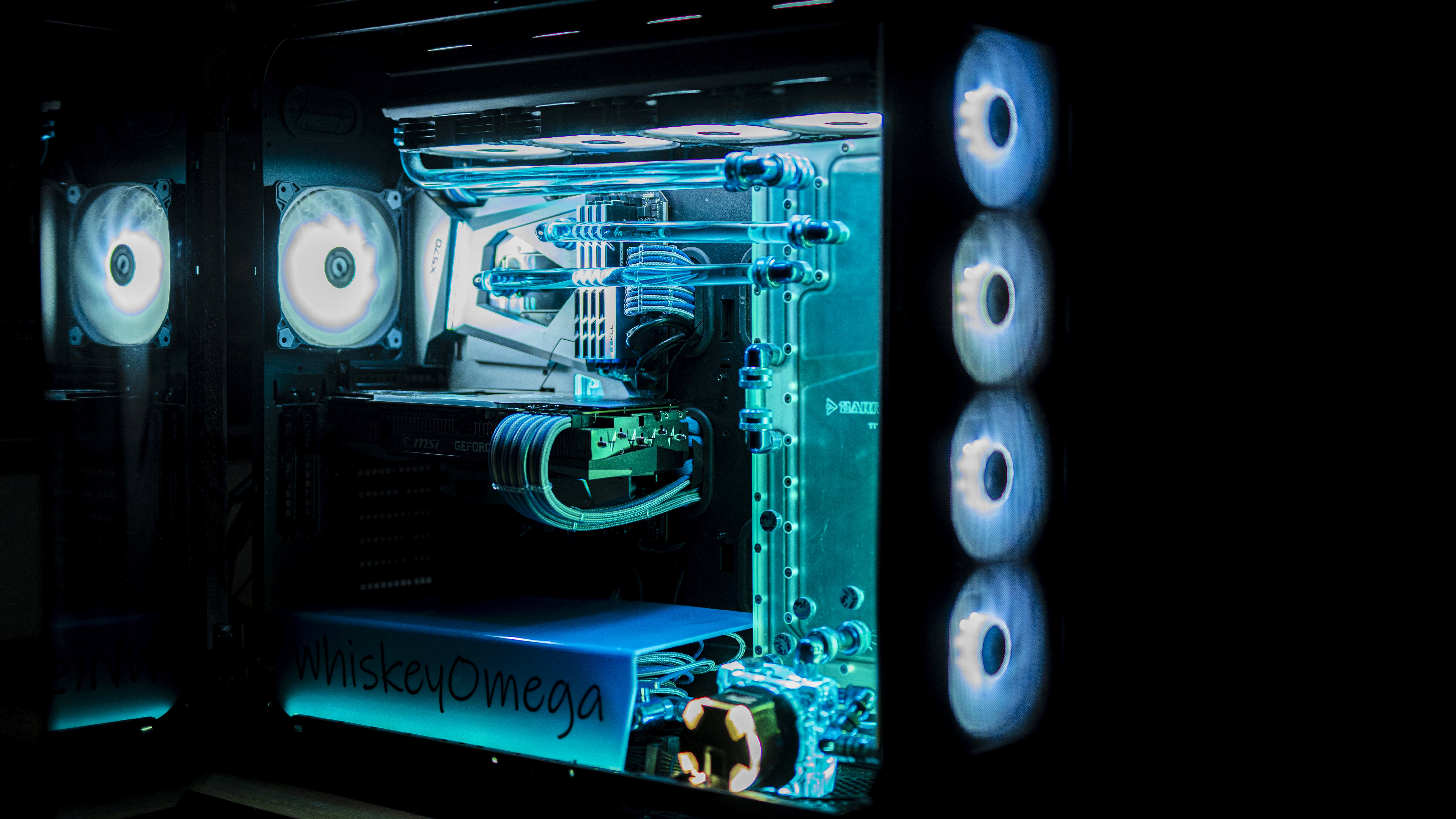

is there a firefox app on iPhone?
Not really. There’s something called Firefox available and it’s published by Mozilla, but Mozilla has to deal with Apple’s restrictions on web browsers by using the webkit rendering engine and Apple’s proprietary plugin system. So it’s not real Firefox.






The answer is simple. Games are categorized as AAA when they’re built by large teams with large budgets at large companies. Puzzle games usually don’t require a team of hundreds of people and tens (or hundreds) of millions of dollars to produce. The gameplay and asset scope is tiny in comparison to a typical AAA game. Most games with puzzle elements that do end up getting made by AA and AAA studios (like Portal) have the puzzle aspect merged with some other genre (like FPS, in Portal’s case), and those other genres do require more resources to produce.